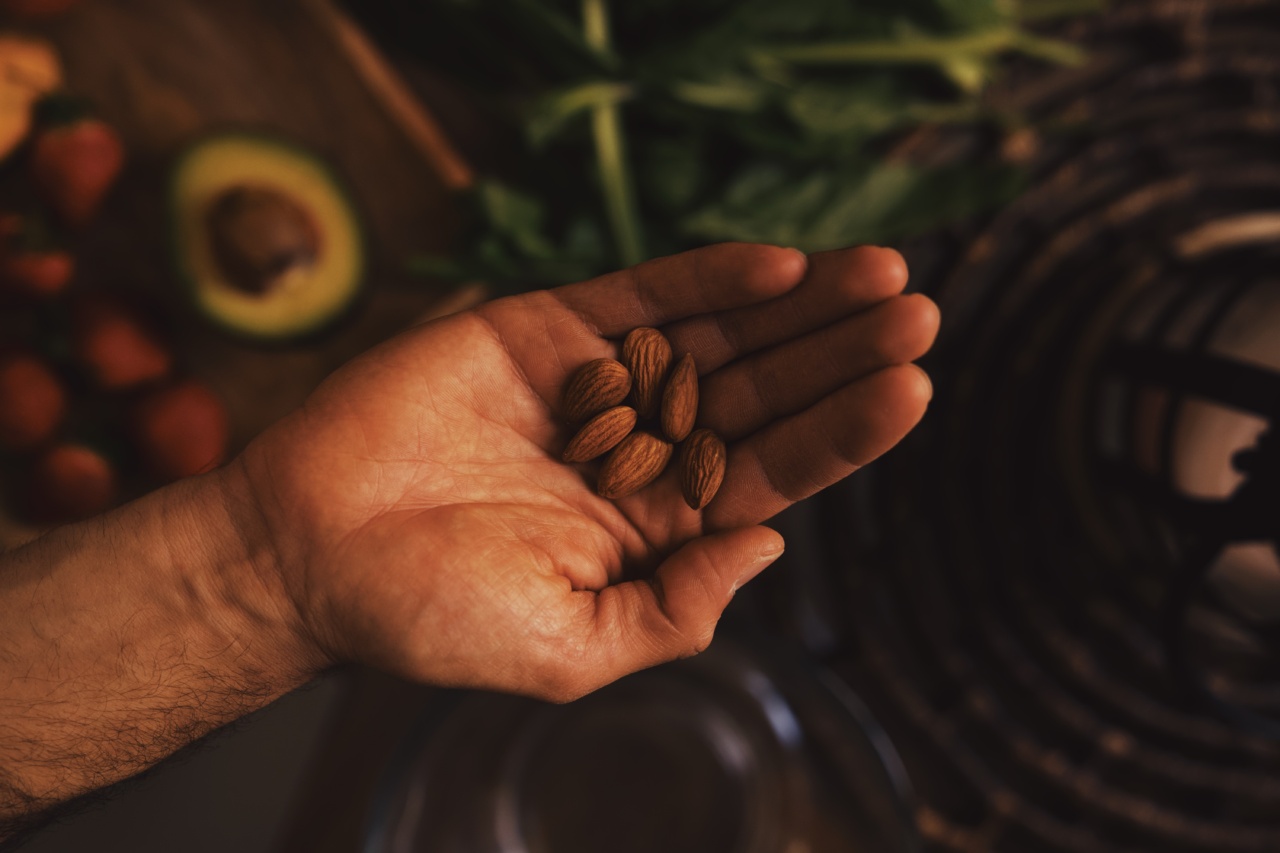Whole grains have long been recognized as an essential part of a healthy diet. They are not only delicious but also packed with nutrients that can support overall health and wellbeing.
In recent years, however, the focus has shifted from individual health to planetary health, prompting many to explore sustainable diet options. And it turns out that whole grains play a crucial role in creating a sustainable food system that benefits both people and the planet.
What are Whole Grains?
Whole grains, as the name suggests, are grains that include all three parts of the grain kernel: the bran, germ, and endosperm. This means that they retain all their natural nutrients, including fiber, vitamins, minerals, and antioxidants.
Examples of whole grains include oats, brown rice, quinoa, whole wheat, barley, and rye.
Improving Nutritional Intake
Whole grains are incredibly nutritious and can significantly improve your overall dietary intake. They are an excellent source of essential vitamins like vitamin E, vitamin B, and minerals such as magnesium, iron, and selenium.
Additionally, whole grains are rich in dietary fiber, which is essential for maintaining a healthy digestive system and preventing various chronic diseases.
Diets that include adequate amounts of whole grains have been linked to a reduced risk of heart disease, type 2 diabetes, and certain types of cancer.
The high fiber content in whole grains also supports weight management, as it promotes feelings of fullness and helps control overeating.
Reducing Environmental Impact
When discussing sustainable diets, it is crucial to consider the environmental impact of our food choices. The agricultural industry is one of the largest contributors to greenhouse gas emissions, deforestation, and water pollution.
However, whole grains have a significantly lower environmental impact compared to other foods, especially when compared to animal-based products like meat and dairy.
Whole grains require fewer resources to grow and produce compared to highly processed foods. They consume less water, land, and energy, and their production generates lower levels of greenhouse gas emissions.
By incorporating more whole grains into our diets, we can reduce the demand for resource-intensive foods and contribute to a healthier planet.
Promoting Biodiversity and Soil Health
Whole grains also play a crucial role in promoting biodiversity and maintaining soil health. Industrial agriculture practices, such as monoculture, have led to a loss of biodiversity and depleted soil fertility.
However, whole grains are well-suited for sustainable farming practices.
Whole grain crops can be grown using diverse cropping systems that promote biodiversity and reduce the reliance on synthetic fertilizers and pesticides.
By rotating crops and incorporating cover crops, farmers can improve soil health, reduce erosion, and support the natural ecosystem. These practices also help retain water and prevent nutrient runoff, resulting in healthier soils and a more sustainable food system.
Supporting Local Economies
Choosing whole grains can also have a positive impact on local economies. By promoting the consumption of locally grown whole grains, we can support small-scale farmers and local food systems.
This, in turn, helps decrease the distance food travels, reducing carbon emissions associated with long-distance transportation.
Additionally, by diversifying crops and supporting the cultivation of whole grains, farmers can expand their income streams and become less reliant on commodity crops.
This can lead to stronger, more resilient local economies and greater food security for communities.
Incorporating Whole Grains Into Your Diet
Now that we understand the importance of whole grains for a sustainable diet, the next question is: how can we incorporate them into our daily meals?.
Here are some simple tips:.
1. Start with Breakfast
Add whole grains to your breakfast routine by enjoying a bowl of oatmeal, whole grain cereal, or whole grain toast. These options are quick, easy, and provide sustained energy throughout the morning.
2. Swap Refined Grains for Whole Grains
When cooking, opt for whole grain alternatives such as brown rice, whole wheat pasta, or whole grain flour instead of refined versions. It’s a simple and effective way to boost the nutritional value of your meals.
3. Snack Smart
Instead of reaching for processed snacks, choose whole grain options like popcorn, whole grain crackers, or homemade granola bars. These snacks will keep you satisfied and nourished between meals.
4. Experiment with Ancient Grains
Explore ancient grains like quinoa, amaranth, and farro, which offer unique flavors and textures. These grains have been enjoyed for centuries and can add variety to your meals while supporting sustainable farming practices.
5. Choose Whole Grain Bread
When buying bread, opt for whole grain varieties. Whole grain bread is generally higher in fiber, vitamins, and minerals compared to white bread. Look for labels that state “100% whole grain” to ensure you’re making a healthy choice.
The Future of Sustainable Diets
As the world faces interconnected challenges of climate change, resource scarcity, and health issues, transitioning to sustainable diets is becoming increasingly essential.
Whole grains offer an accessible and impactful way to create a more sustainable food system.
By incorporating whole grains into our diets, we can reap the health benefits while minimizing our environmental footprint.
With their rich nutritional profile, lower environmental impact, and support for local economies, whole grains are truly the key to a sustainable diet.































